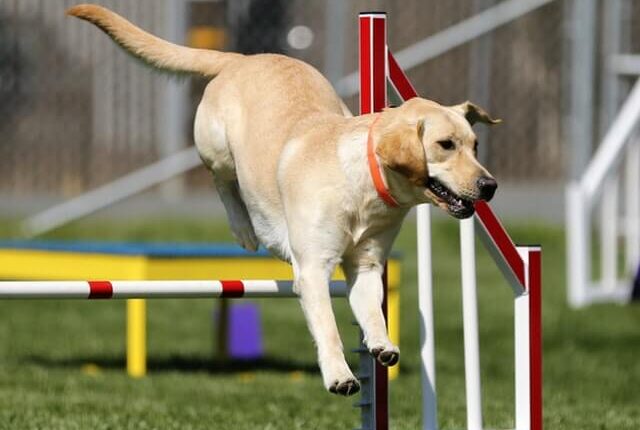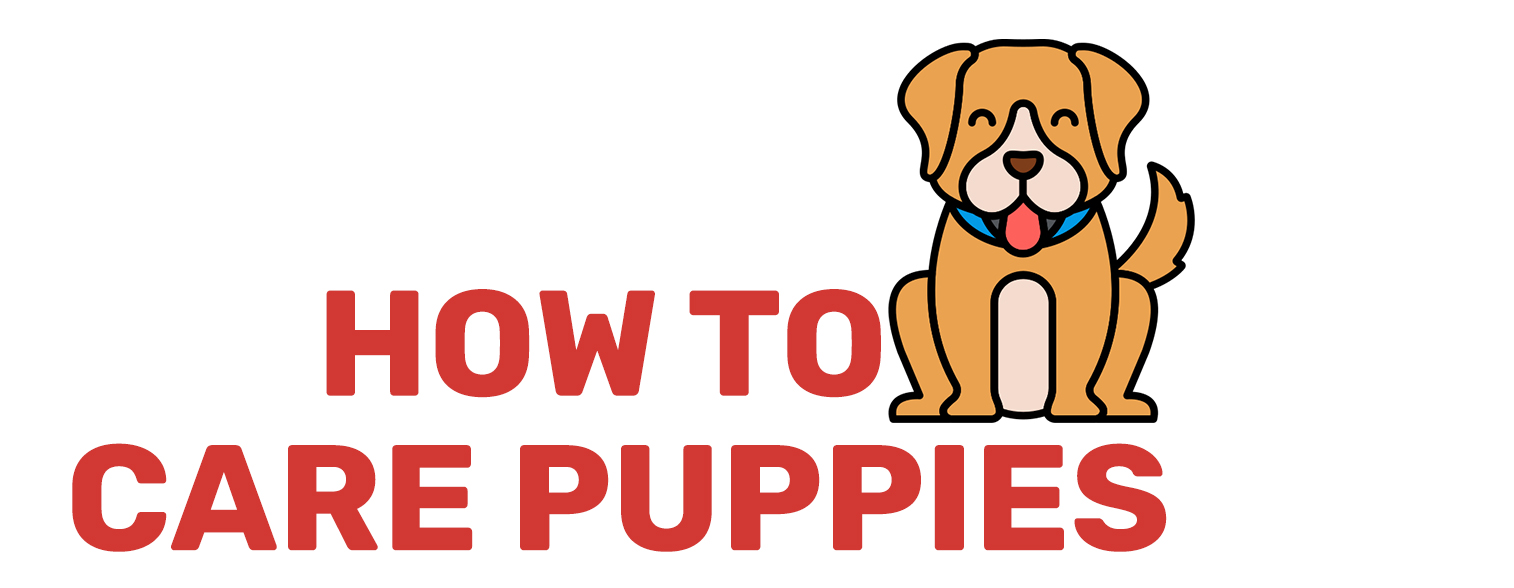
An activity of Dog after Training Affects what they have Learned during Training
Table of Contents
Training your dog and then let him go wander around as he wants can affect how much he remembers about the training that you have just given him.

The thinking of dog is an ongoing process and it does not stop after training sessions you have had with him. There are chances that he may learn something new just after the training you were giving and does not relate to the training at all, so it depends on him later on activity what he retains in his mind about the training. Either he forgets and learns new things after a training session or he retains the teachings of training and does not involve himself in other activity after training from which he can learn something new.
Little things that we do during the ongoing training session of dog is known to all of us
such as, giving him rewards or punishing him, managing the time out and starting time of episodes of training and how we keep the dog attentive and interested in the training, all of this can make a huge difference in the training of your dog. Things that are learned during the training can be affected by what is happening inside of body and brain just after the training, that’s what he psychologists say. If something is related to emotional arousal then it is retained in mind very well that’s why most of the people keep in mind the details of where and what they were doing something. You will retain every detail of your first crush, the things happened in your wedding and how you looked at the staring eyes of the audience when you first time stepped on the stage. The new studies show that emotional arousal can be useful to use just after a training session to make your dog remember all of the training
Now the question is how to stimulate that emotional arousal in your dog

because you cannot have a bag full of drugs and hormones which you can use to stimulate the emotional arousal of your dog. What you can do here is to involve your dog in some kind of playing activity which will cause to naturally release the chemicals which can stimulate emotional arousal.
Obviously the average dog trainer is not going to have a cabinet full of drugs and hormones which they can use to stimulate the arousal of their canine student. However, any emotionally arousing situation occurring immediately after a training session can cause the body to create and secrete such chemicals. One positive way to do this is to engage in playful activity with the dog.
To test this hypothesis we used sixteen Labrador Retrievers
in our recent study. The study conducted was only limited to Labrador Retrievers to overcome the challenges of different breed’s intelligence levels. Two toys with different appearance and scent on it were used from which dogs had to discriminate and pick only one of those toys. We tried to change the place of those toys and trained the dogs in different training sessions. We trained the dogs until they reached the eighty per cent accuracy. After achieving this we selected four dogs for a half-hour of playing session in which they were free to play as they pleased. After this, we repeated the procedure of discriminating between toys with dogs who were not involved in playing session and the four dogs who were present in the playing session. Now to your surprise, the four dogs who were part of playing session learned faster about discriminating than the dogs who were not present in playing activity. In a nutshell, you can say that this research proves that playful activity after training is beneficial for retaining thoughts of training in your dog’s mind.
